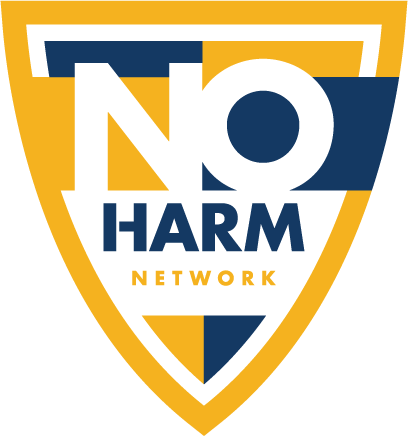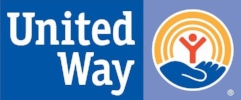Back to School
/Written by Vanessa Garnica-Barker, Community Engagement Manager
As we approach the end of the summer, parents, educators and students prepare for the beginning of the academic year in addition to the excitement of the new school year and the new school supplies, comes anxiety for many students. This anxiety can show up in many ways including social and academic pressures. Some students may look forward to the end of the summer break in hopes of finding refuge, safety and security at school due to an unstable home life, homelessness, or food insecurity.
For the youth at New Friends New Life, we open our doors to the YRC year-round (including the new school year) with drop-in hours for girls to have a safe space to spend their time. The Youth Resource Center (YRC) recognizes, recovers and restores high-risk, exploited and trafficked girls through holistic, trauma-informed care. The YRC recently introduced the Steps to Success program. Each step is tailored by age range and categorized into three buckets: case management, counseling, and education.
Education is a vital area of service to the members of the YRC. The girls served range from middle school, high school and even college aged students. Members receive recognition for their achievements, assistance in tutoring through volunteers and college/scholarship application assistance. With the assistance of donors and supporters, NFNL has been able to provide youth members with backpacks containing all essentials school supplies and has also provided uniforms in past years. While purchasing school supplies may seem routine for students and parents each year, it’s critical that we provide this educational need for members. Often, traffickers lure in vulnerable youth with promises of protection, adventure, love, safety or other very real needs, basic needs. While the most basic needs include food, clothing and shelter, for students, supplies are essential to successfully thrive with the proper materials academically. By providing supplies, we are removing a financial barrier for students and helping equip them with confidence in their academic year. According to the National Education Association, “The study’s researchers concluded that graduation from high school was one of the potential protective factors that can lead to a decreased risk of trafficking for homeless students.”
As students return to school, it’s important to understand that recruitment can occur through social networks and among peers. Educators and administrators play a vital role and are trained to recognize risk factors, identify potential victims and report, engage in local prevention efforts and educate community members through the TEA’s RISE program. According to NEA Today, “To remain vigilant against trafficking, educators must understand some of the risk factors of trafficking to better identify and support students in need. While children and young adults are all susceptible to trafficking, certain vulnerable groups face an increased risk.” In addition to non-profit agencies working to combat human trafficking, educators play a vital role as they can serve as the eyes and ears in recognizing and reporting potential trafficking. Teachers can also help combat trafficking by inspiring and taking the time to pour into students who are high risk among their communities. Teachers truly wear many hats and are some of the most versatile professionals with each responsibility they take on. Thank you educators for the many hats you wear!









